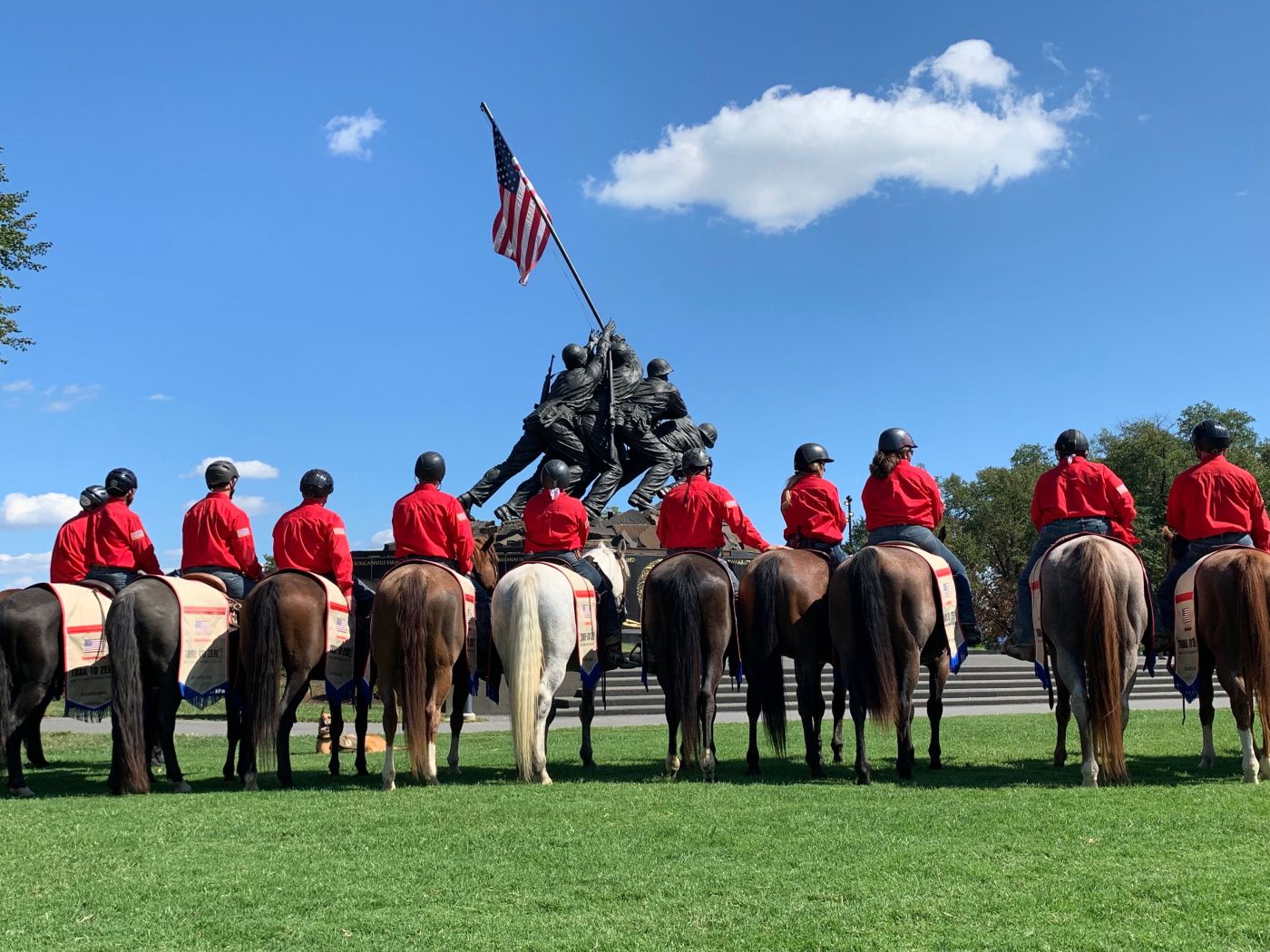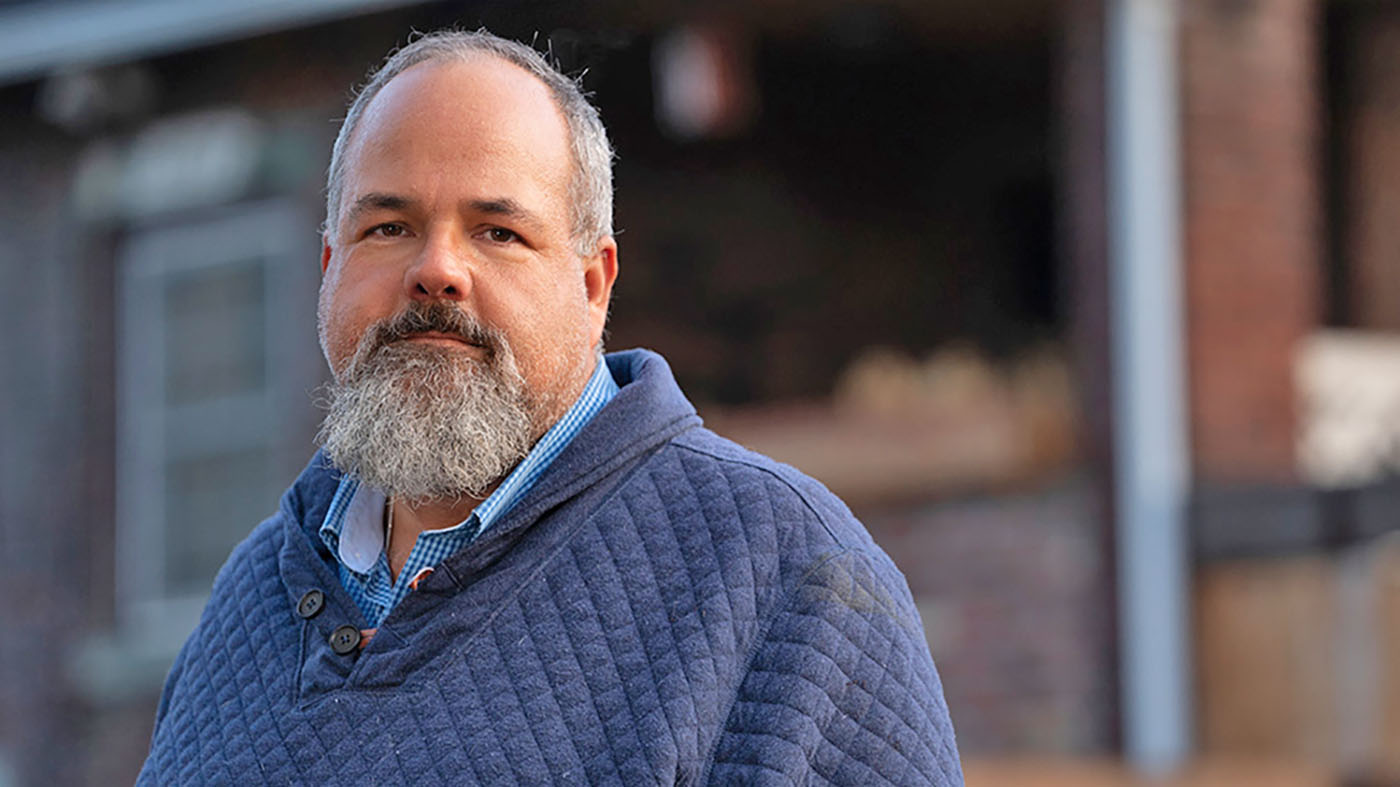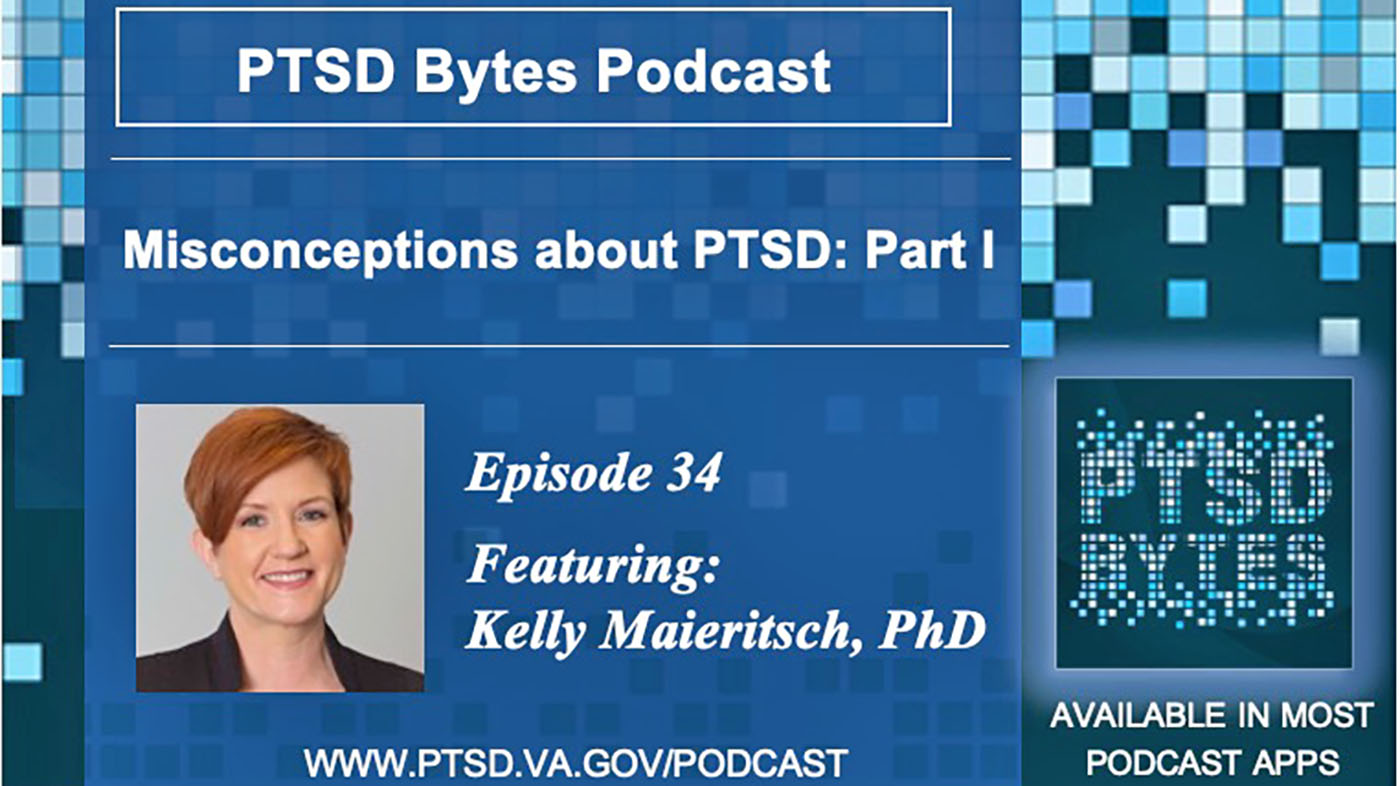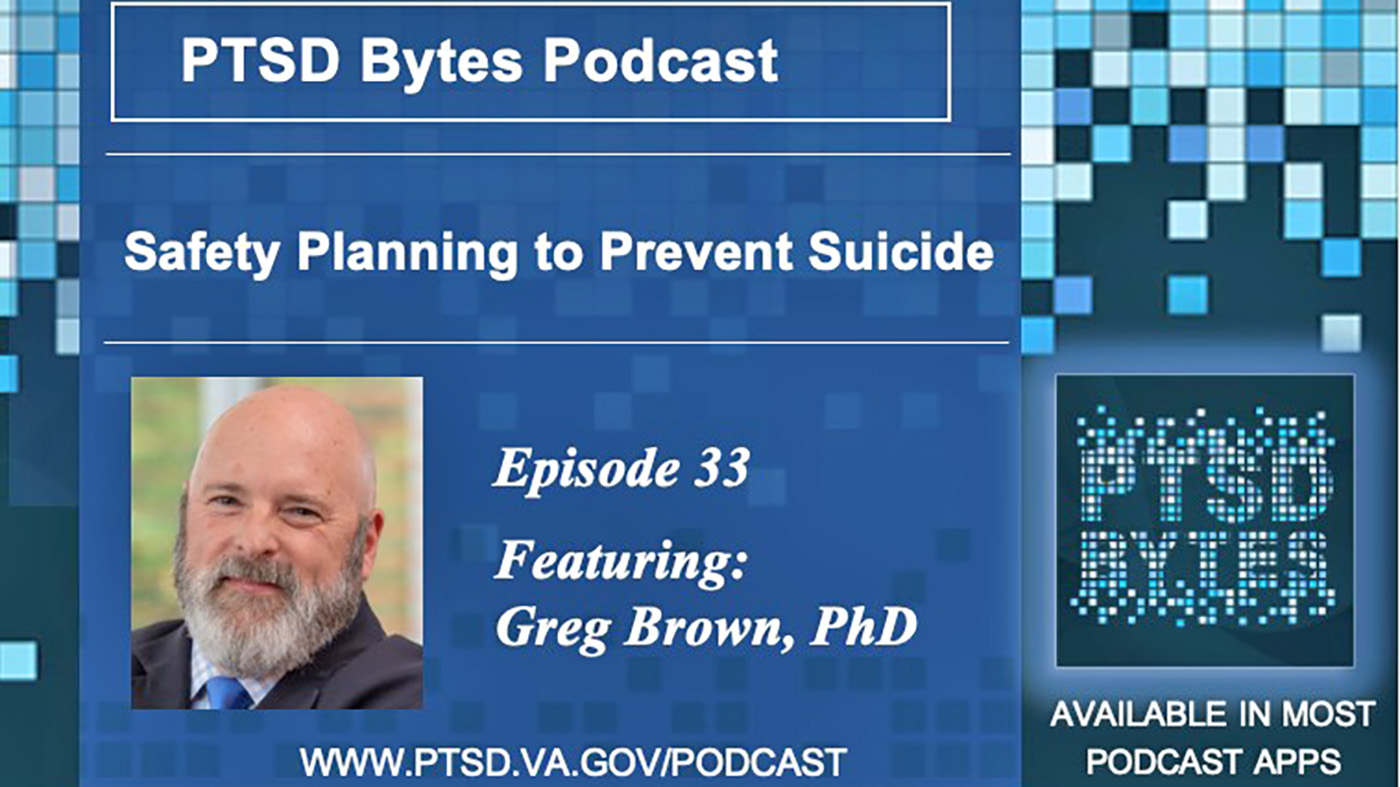To shed light on the epidemic of Veteran suicide, BraveHearts—the nation’s leading equine rehabilitation program for Veterans—started its first of three Trail to Zero rides Sept. 7 in northern Virginia.

Army Veteran Mitchell Hedlund, one of the Trail to Zero riders, served in Afghanistan in 2011-2012 and now uses equine therapy.
The 20-mile ride in each city commemorates the number of Veterans lives lost on average each day. The ride educates people on equine-assisted services benefits and healing effects.
Army Veteran Tim Detert was one of the Trail to Zero riders. Detert served from 2005-2010 with the 82nd Airborne, deploying to Iraq twice for 18-month and 13-month tours. Following his service, Detert said he started suffering from depression and anxiety, turning to alcohol and opiates. Four friends ended their lives. After a suicidal spell, a friend recommended equine therapy to him.
“It’s completely turned around my life,” said Detert, who has been sober two years. “It’s given me a lot of hope and joy. I was so depressed and down before I came to this program. I was just looking for something and I hadn’t found it until I started working with the horses.”
The BraveHearts president and chief operating officer said she’s seen Veterans greatly improve their well being through equine therapy.
“I can’t even tell you now how many times I’ve heard Veterans tell me personally that they wouldn’t be here if it weren’t for the horses,” said Meggan Hill-McQueeney. “They find peace with the horses, they find hope with the horses, and they find purpose with the horses. Alternative therapies like equine therapies are tremendous opportunities.”
Equine programs
Currently, 64 VA medical centers across the country participate in therapeutic riding programs. These programs use equine assisted therapeutic activities recreationally to promote healing and rehabilitation of Veterans for a variety of physical disabilities and medical conditions, said Recreation Therapy Service National Program Director Dave Otto. These include traumatic brain injury/polytrauma, blind rehabilitation, other physical impairments, post-traumatic stress disorders and other mental health disorders.

Children on Joint Base Myer-Henderson Hall talk to a BraveHearts rider Sept. 7, 2019, during the Trail to Zero ride.
Additionally, VA awards adaptive sports grants annually for organizations and groups that provide adaptive sports opportunities for Veterans with disabilities, Otto said. These grant recipients also partner with VA facilities within their region to coordinate such adaptive sports opportunities for Veterans. During fiscal year 2018, VA awarded nearly $1 million to 12 grant recipients providing equine assisted therapy to Veterans with mental health issues. VA will award up to $1.5 million of these grants in fiscal year 2019.
BraveHearts is the largest Professional Association for Therapeutic Horsemanship International (PATH Intl.) program in the country and serves Veterans at no cost to Veterans. The program offers equine services to provide emotional, cognitive, social and physical benefits. Veterans at BraveHearts have reported increased self-esteem, self-worth, trust for others, community integration, and decreased depression, anxiety, post traumatic disorder symptoms and self-inflicting thoughts.
In addition to the Sept. 7 ride, Trail to Zero plans rides for Sept. 14 in New York City and Sept. 28 in Chicago.
To learn more about VA’s recreation therapy services, visit http://www.prosthetics.va.gov/rectherapy/. For more about BraveHearts, visit braveheartsriding.org. To learn more about the Trail to Zero rides, visit www.trailtozero.org.
Topics in this story
More Stories
Be ready before a suicide crisis by learning about resources that are available. You don’t have to face it alone.
In a two-part series, Dr. Colleen Becket-Davenport discusses some common myths surrounding PTSD with Dr. Kelly Maieritsch.
In this episode of the PTSD Bytes podcast, we speak with with Dr. Greg Brown, Philadelphia VA clinical psychologist, about how safety planning can prevent suicide.







I run a small therapeutic riding center in OK. And I would LOVE to have Veterans come to my center to ride and work with my horses! I am PATH Intl. Certified but can’t afford the costs of registering my center with PATH Intl. Consequently, my center is not listed on their website. The difficulty I have is making the connection to the Veterans. What would be the best way for me to get the word out?
Hello. I would suggest contacting Recreation Service of a VA facility. Thank you. Car-72
Hi, is there a chance a program could be started in different areas with local farmers/ranchers?
Who would I talk too about this?
Thanks,
Gary
Hello from car. No reply yet for Gary so it looks like he is in charge of his proposal. Good luck (?) He can find horses fairly easy. So I guess I suggest talking about what he’s trying to do but start small. There are horse people to connect with on internet. Thanks for good idea. Car
Two commenters (one being me) are trying to help here which is a start. My comments keep waiting moderation so I guess there are not round-the-clock moderators (?) Thank you, Car-72
I like the writing style especially of the first commenter. Even if one can’t ride they can still WRITE!? Right?
I am in Salt Lake City, UT and I am PTSD and I checked with my hospital and was told they do not offer and had no plans to offer this. It would be good if all hospitals could offer this to the veterans.
I agree. I was an avid rider, even while on active duty.
These programs are always prohibitive to those of us who are not rich, far way, or seem to be in an are where the VA has NO programs available. I also live in the Northern Panhandle of Texas and in the 15+ years I have used the Regional VA here, EVERY program I have inquired about has been “unavailable”.
It is disheartening and disappointing to say the least.
This would be cool if it was offered all over… not just in 1 location. I do not have the money to go from the panhandle of TX to Illinois just to ride a horse.
And the Trail to Zero isn’t even something I can participate in, so…
It seems like everything that is “available” to veterans are not actually available. You must be rich enough to get to these locations, in which case I wouldn’t need these services.
Thank you for yet another thing that I am not able to do.
Greetings. This is my second attempt to say I see good writing skills in the commenter from Texas and writing is therapeutic on its own. Horse stories have always been popular.
Car-72
As an Army vet, and horse trainer, i have developed some skills in this specialty. I would like to share my techniques with other centers. https://www.youtube.com/watch?v=crTVrHj-z5w